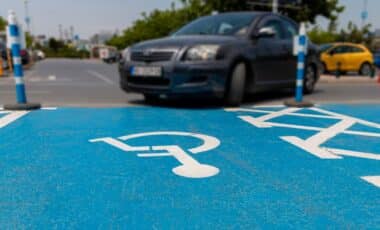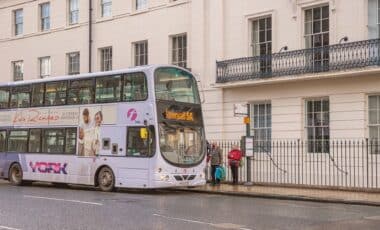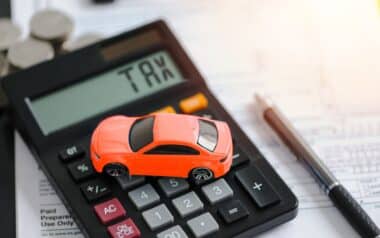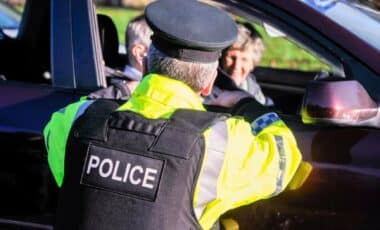The Driver and Vehicle Licensing Agency (DVLA) has issued a reminder to motorists in the UK that, although there are some exemptions for paying vehicle tax, all vehicles still need to be officially taxed. This applies even if the vehicle is exempt from the payment itself.
The DVLA has emphasized the importance of adhering to this requirement, as failure to tax a vehicle can result in substantial penalties.
According to a report by DailyRecord, the penalties for driving without valid tax can escalate from an initial £80 fine to £1,000 or five times the unpaid tax if the case goes to court.
The Legal Consequences of Not Taxing a Vehicle
In the UK, it is illegal to drive a vehicle on public roads without valid tax, except in a few cases where exemptions apply.
Despite these exemptions, the DVLA stresses that the vehicle must still be taxed.
Driving without tax can result in an £80 fine, which can escalate to as much as £1,000 or five times the original tax owed if the matter is taken to court.
The DVLA explicitly stated:
“You must tax your vehicle, even if you don’t have to pay anything.”
Who Is Exempt From Paying Vehicle Tax?
Several categories of vehicles qualify for tax exemption, including those used by disabled individuals, mobility vehicles, historical vehicles, and electric vehicles.
However, it’s important to note that even if a vehicle is exempt from paying tax, it must still be officially taxed.
Exemptions for Disabled Persons’ Vehicles
Vehicles used by a disabled person can be exempt from paying tax, provided the individual claims a valid disability benefit.
The vehicle must be registered in the name of the disabled person or their designated driver and can only be used for the disabled person’s personal needs.
Importantly, only one vehicle can be exempt per disabled person or designated driver.
Other Exempt Vehicles
In addition to vehicles used by disabled individuals, other vehicles are exempt from tax, including certain mobility vehicles and powered wheelchairs, as well as historical vehicles manufactured before January 1, 1985.
Electric vehicles (EVs) can also be exempt if they meet specific conditions outlined by the DVLA.
Agricultural vehicles, including tractors and grass-cutting machines, are also eligible for tax exemption.
How to Tax a Vehicle
To tax a vehicle, you’ll need a reference number, which can be found on the vehicle’s logbook (V5C), the green ‘new keeper’ slip, or a recent reminder letter from the DVLA.
If you do not have these documents, you will need to request a new logbook from the DVLA. Tax can be paid online, by phone, or at a Post Office.
The DVLA has made it clear that, regardless of exemptions, all vehicles must be taxed, and failing to do so could lead to significant financial penalties.
The consequences of not complying include an initial fine of £80, which can increase to £1,000 or five times the amount of the unpaid tax if the matter is taken to court.









